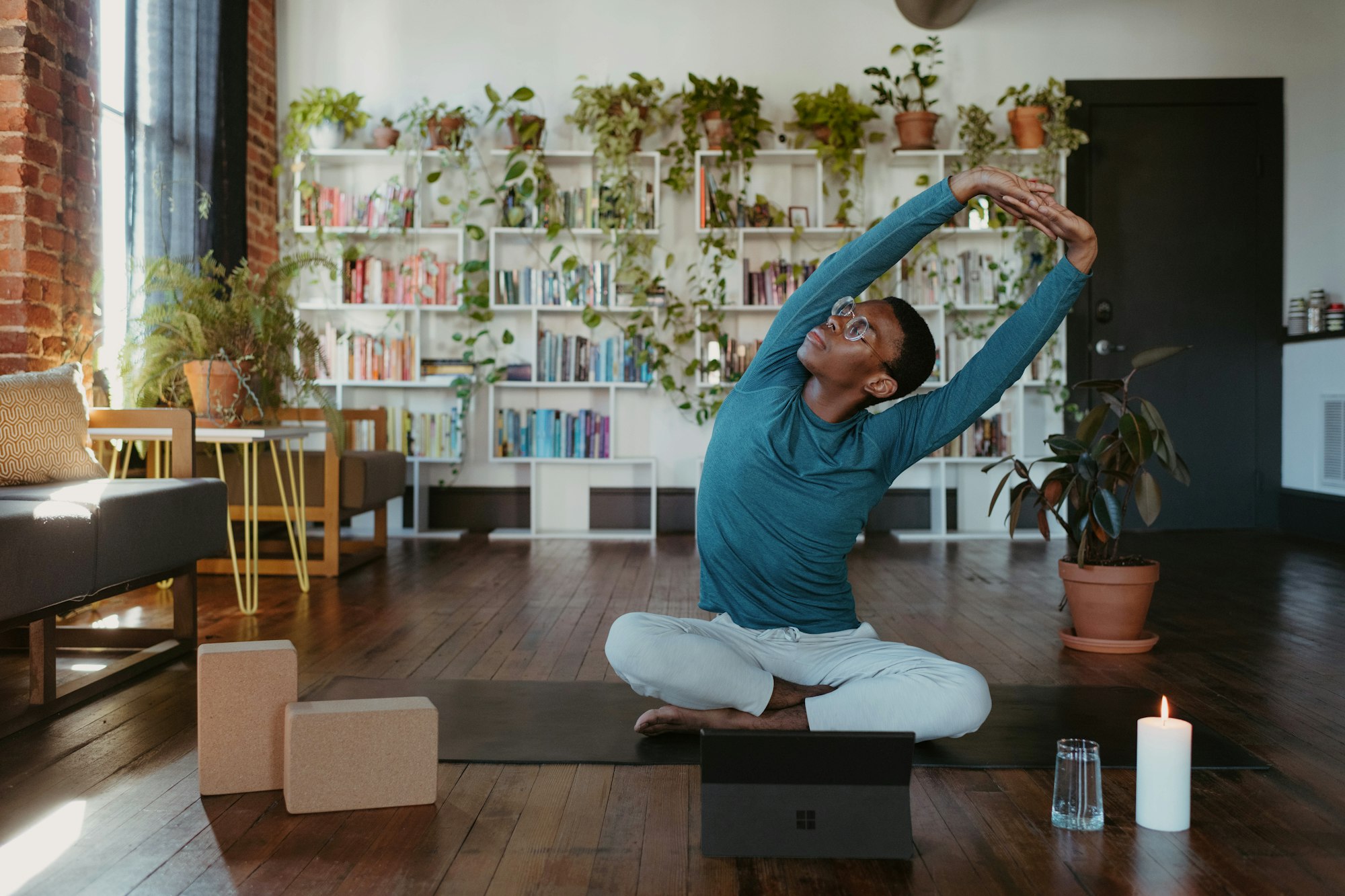We all know that exercise is important. But if you aren’t used to maintaining a routine, it can be tricky to know where to start. We answer your top exercise-related questions to help you get started – without splashing out on an expensive gym membership

Whether you’re looking to refocus on your exercise routine to help reach a specific goal, or are hoping to start living a healthier lifestyle, finding ways to exercise in your already busy schedule can be tough. Not to mention ensuring you’re in the right place mentally to move past the initial excitement and create a sustainable routine that works for you.
It can be easy to fall into the ‘New Year, new you’ mentality. As a new year approaches, setting resolutions can feel uplifting, encouraging, and like a big motivator. What better way to start the year, than with a big change? But the thing is, this all-or-nothing mentality can be more harmful than good.
According to research, just 16% of us stick to our New Year’s resolutions. Experts believe that this is often due to us focusing on a specific outcome – “I’ll reach X weight next year!” or “I want to be a size X by this time next year!” This can result in us treating our goal as a sprint rather than a marathon, meaning we ignore or underestimate the time, effort, willpower, and continued effort we need to put in to turn our end goals into an attainable, achievable, sustainable process.
Cognitive Behavioural Hypnotherapist and Hypnotherapy Directory member, Morag Stevenson, explains more.
“A resolution is a new habit that we want to create. To make your resolution stick, you need to understand how to shift a new habit from a wishy-washy thing that might or might not happen to a firmly rooted routine in your life. What could make the difference? What could help you not only start a new habit but stick to it? Be precise, be clear, and be realistic.”
So before you get started on your journey to exercising more, it’s worth asking yourself: Why do I want to do this? What do I hope to achieve? And how am I going to measure my success? Having smaller, attainable milestones towards a larger goal can be a big help in keeping motivation high.
Why is exercising important?
Exercise is essential at every stage of our lives. Regular physical activity can improve your physical and mental health, reduce your risk of developing serious health conditions, help you to manage, maintain, or gain weight, as well as strengthening your bones and muscles. Exercising can lower your risk of early death by up to 30% according to the NHS. And best of all? It doesn’t have to cost a thing.
Regular exercise provides a huge range of benefits. From boosting your self-esteem, mood, overall energy levels, and quality of sleep, to reducing your risk of stress, clinical depression, type 2 diabetes, stroke, and dementia – exercise can feel intimidating, but the benefits are substantial.
It’s recommended that adults try to do something active every day. Over the course of